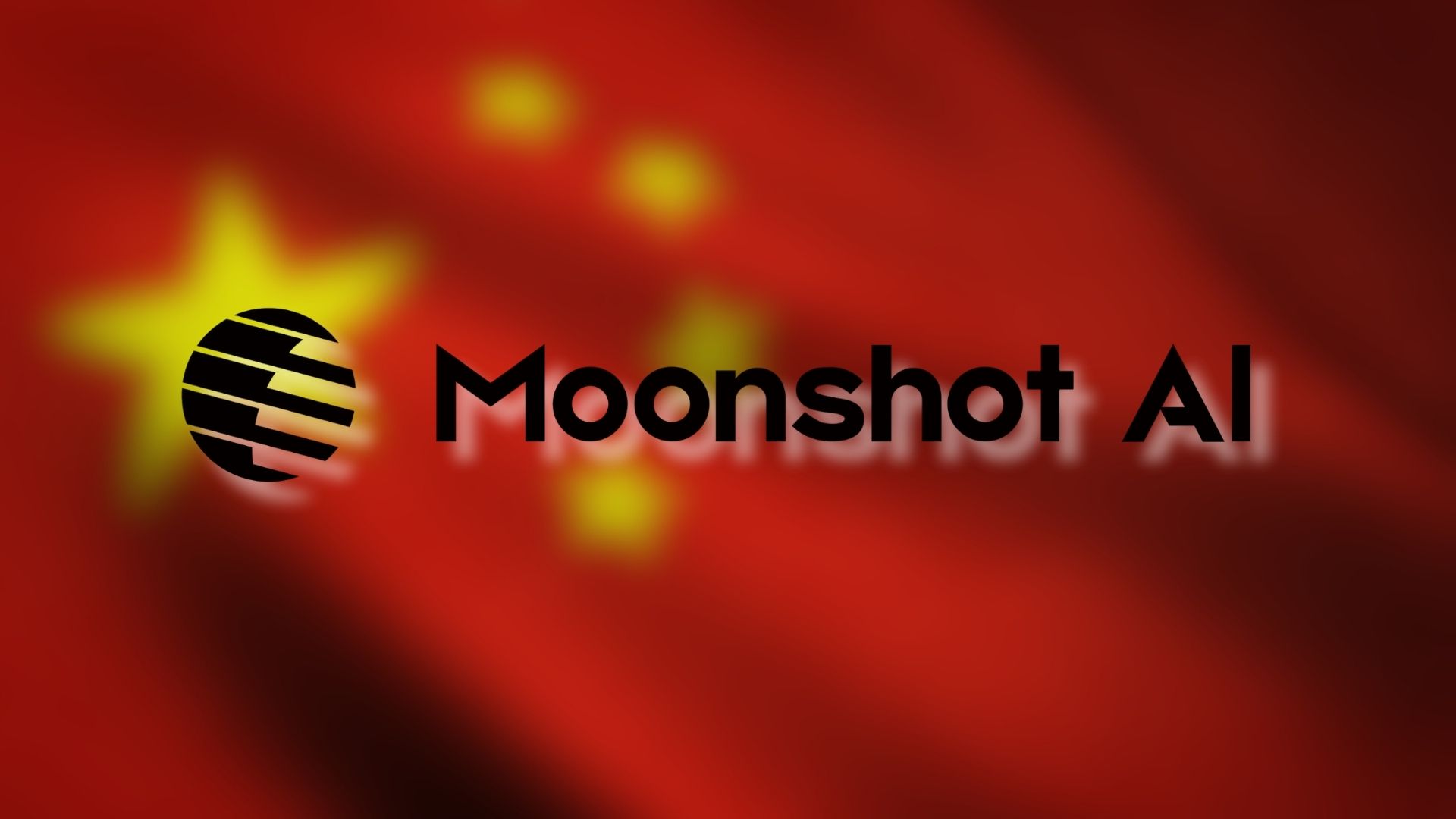Yahoo has introduced Scout, a new AI-powered search engine designed to compete with Google AI Mode and Perplexity. The tool transforms traditional search results into direct answers, interpreting natural language queries with the help of Yahoo’s extensive user data and content.
Scout combines the Claude AI model from Anthropic with Bing’s grounding API to ensure information is accurate and drawn from authoritative sources. Users can access personalised insights, whether checking the weather, tracking stock prices, or verifying news stories.
The platform also includes shopping and finance features, offering quick comparisons between products and synthesised financial information refreshed every ten minutes. Currently in beta, Yahoo Scout is available to US users via the Yahoo Search app and website, with plans to expand its personalisation features.
Would you like to learn more about AI, tech, and digital diplomacy? If so, ask our Diplo chatbot!










